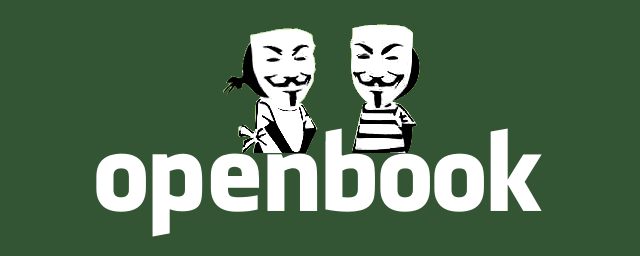 Browser activity and IP addresses are
Browser activity and IP addresses are being logged by government surveillance.
Anonymity is won only by understanding
and using multiple tools like Tor-Browser.
 Browser activity and IP addresses are
Browser activity and IP addresses are 
"Man is least himself when
he talks in his own person.
Give him a mask, and
he will tell you the truth."
—someone famous
Search "#openbook #intro" to begin.

 -109
comment
raw
-109
comment
raw

 -101
comment
raw
-101
comment
raw

 -263
comments(2)
raw
-263
comments(2)
raw

 -250
comments(23)
raw
-250
comments(23)
raw

 -136
comments(2)
raw
-136
comments(2)
raw

 -139
comments(1)
raw
-139
comments(1)
raw

 -137
comments(1)
raw
-137
comments(1)
raw

 -167
comments(26)
raw
-167
comments(26)
raw

 -116
comments(1)
raw
-116
comments(1)
raw